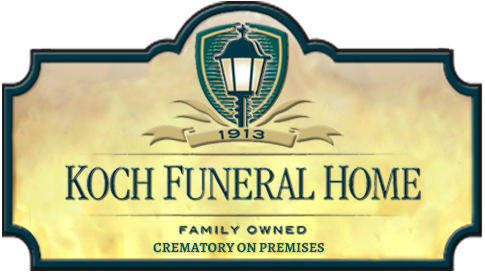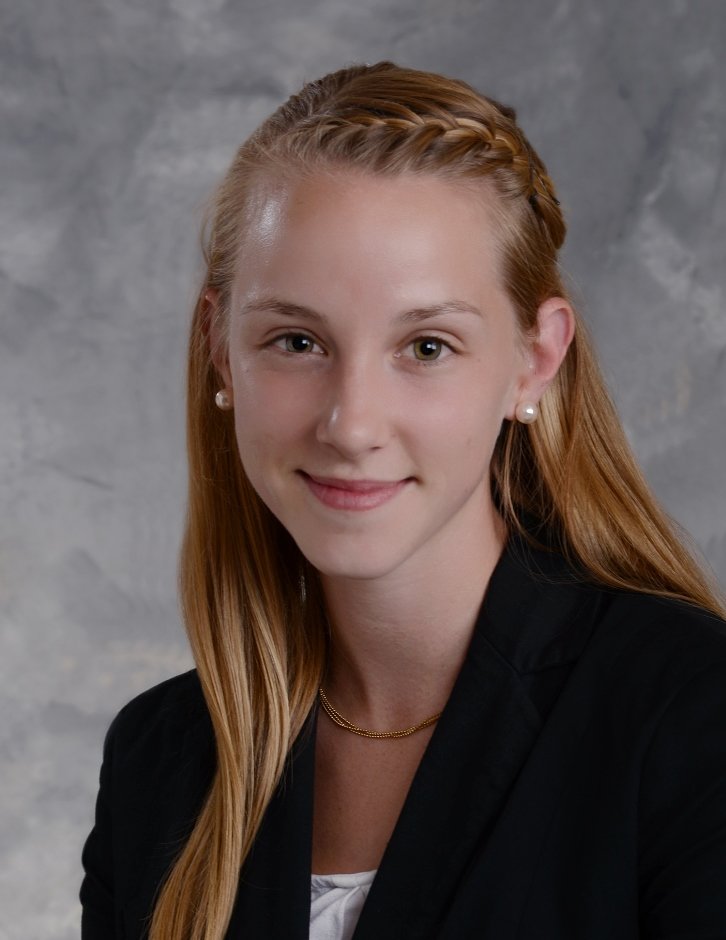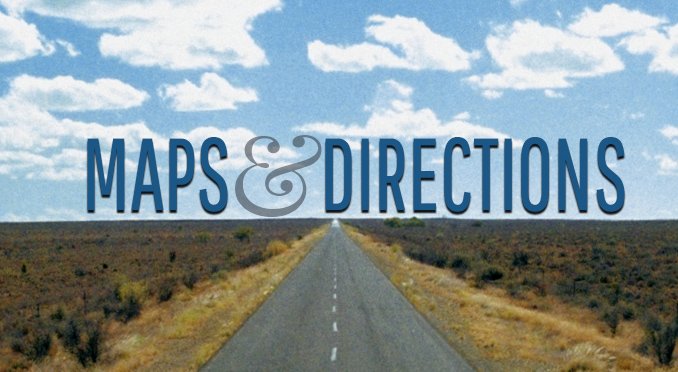What Does It Take to Be a Funeral Director?
What does it take to be a funeral director?
“It’s very humbling and rewarding to be the person preparing someone for their final resting place.” Imagine that your work was professionally and tenderly getting another human dressed and groomed for the final time. That is sacred work. Work that Koch Funeral Home Funeral Director Breanne Radin Yeckley values and finds meaningful.
In a conversation about what it takes to be a funeral director, Breanne spoke of the many important qualities required:
- Understanding and compassion – Understanding and compassion are needed when working with grieving families to help them honor their loved one. And with the loved one to prepare them for their final physical farewell.
Breanne works together with the families to make arrangements, understanding that it is a difficult time for them. She finds this work fulfilling, understands that many circumstances surround a death, and is sympathetic to the families’ desires. Breanne also encourages the families to participate as much as possible in the entire funeral process because she has seen how powerful and healing that participation is.
With the loved ones, Breanne uses her understanding and compassion as she modestly prepares them for their final disposition, treating them with the care and consideration used with a living person.
- Patience – Patience is needed to arrange the many steps involved in a funeral – from the first call about a death to the body’s interment in the final resting place. Families are doing their best to attend to their loved one’s care and the decisions involved can take time. Breanne must balance all the steps and people involved in a way that is seamless.
- Team player, cooperation and communication skills - In addition to coordination with the family, Breanne contacts medical professionals, hospice groups, other funeral homes, members of clergy, officiants, musicians, cemetery workers, etc. This means she must know how to coordinate and to be a team player and good communicator.
- Healthy emotional coping skills – Being a regular witness to death and grief can be emotionally challenging. Breanne knows that she wants her focus to be on the families and decedent, so she has learned how to nurture herself through these daily experiences. She has a very supportive husband, David; a dog, Remi; and a home in the woods. In her free time, she hikes, and also enjoys crafting and sewing. Healthy emotional coping skills are also important when dealing with the stigma of being a funeral director. People don’t always understand the work hours or feel comfortable with conversations about funeral work.
- Flexibility – Calls about a death can come at any time of the day, so funeral directors must be flexible. Fortunately for Breanne, she grew up in a home where her dad had on-call hours, and both her mom and dad worked weekends. This made her transition to this type of schedule easier. With her understanding family, Breanne has adapted to phone calls at all hours of the day and night. She understands that modern technology has helped make on-call hours less restrictive and lack of flexibility is part of the reason funeral directors have such a high burnout rate.
- Strength – Funeral directors need both physical and emotional strength. Breanne’s physical strength helps her move decedents and caskets; her emotional strength enables her to be present for and supportive of the families. Part of Breanne’s emotional strength comes from her clarity about her choice of profession. Growing up on a hobby farm, she learned a lot about life and death from a young age. Breanne was also the child who, after being a part of the arrangements for her grandfather’s funeral, knew in the 7th grade that she wanted to be a funeral director.
- Sense of humor – Humor can sometimes be exactly what is needed to break moments of tension, let things go, and heal emotionally. Having a sense of humor is important to shed a little light on a solemn profession. Humor is also a coping mechanism often used by families in processing their grief.
- Guiding and educating abilities – Many laws and regulations govern the funeral industry. With the many choices and options available for families, Breanne must be able to communicate all this information in an easy-to-understand manner.
- Nonjudgmental attitude – Death occurs in families of all ethnicities, races, religions, sexual orientations, etc. and under all manors and circumstances. For Breanne, it is important to be open and accepting to facilitate the grieving process and help create a meaningful service, both of which are unique to each family.
Each of these qualities help to make Breanne the sensitive funeral director she is today. And her work has made her appreciate the people in her life even more.







Comments